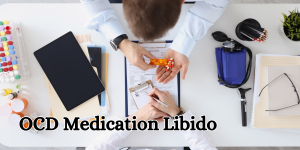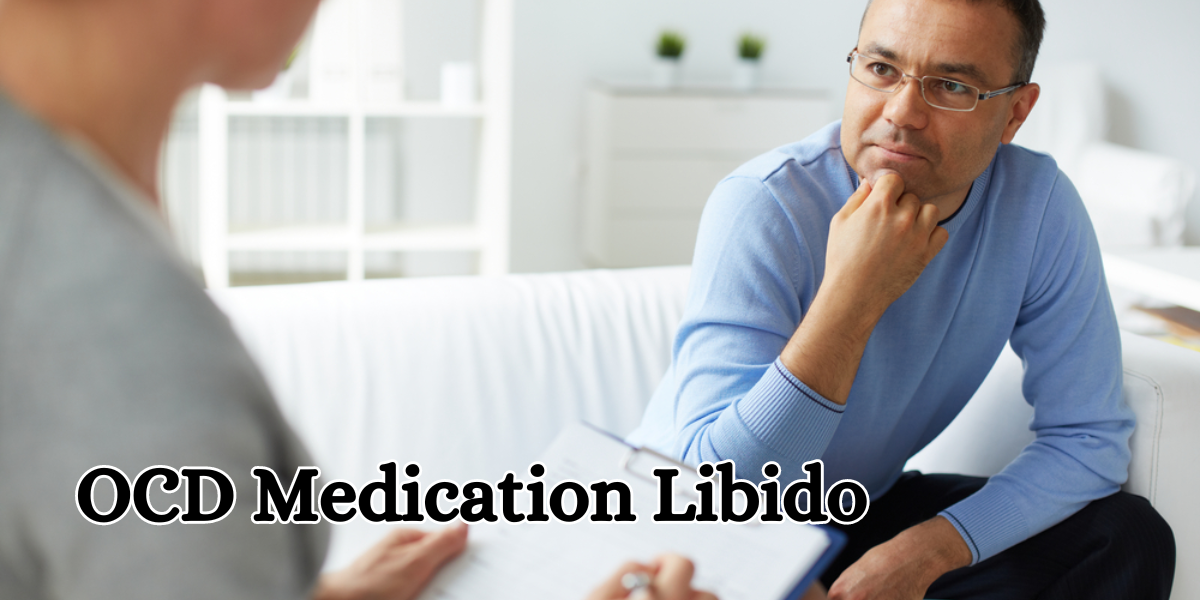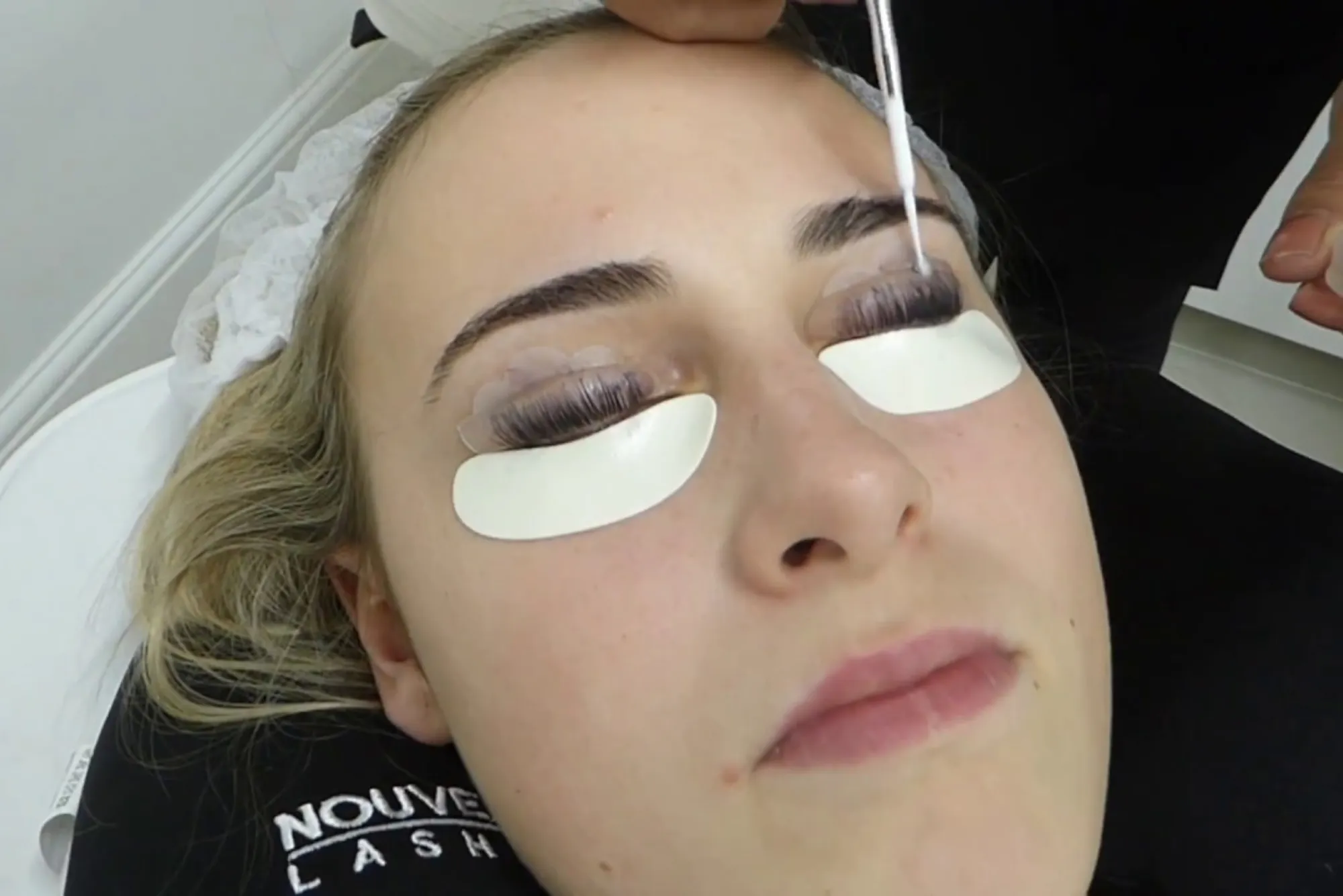OCD Medication Libido
Obsessive-Compulsive Disorder (OCD) is a challenging mental health condition, and for many, medication becomes a crucial part of their treatment plan. However, the effects of these medications on libido can be a concern that often goes undiscussed. In this article, we’ll delve into the relationship between OCD medication and libido, exploring the common medications prescribed, their potential impact, and strategies to manage and mitigate any adverse effects.
Understanding OCD Medication Types
Selective Serotonin Reuptake Inhibitors (SSRIs)
SSRIs are often the first line of defense against OCD symptoms. While effective for managing obsessions and compulsions, they can sometimes lead to sexual side effects, including changes in libido. Understanding the nuances of these effects is crucial for individuals on SSRIs.
Tricyclic Antidepressants (TCAs) and Other Options
TCAs are another class of medications prescribed for OCD. Although less common than SSRIs, they come with their own set of potential side effects. Exploring alternative medications and their impact on libido is essential for those seeking a more tailored treatment approach.
Managing and Addressing Concerns
Open Communication with Healthcare Providers
Effective communication with healthcare providers is key when addressing concerns about medication side effects. Patients should feel empowered to discuss changes in libido openly, allowing healthcare professionals to adjust treatment plans accordingly.

Exploring Alternative Treatments
For individuals experiencing significant impacts on libido, exploring alternative treatments or complementary therapies can be beneficial. Cognitive-behavioral therapy (CBT) and lifestyle changes may offer valuable support alongside medication.
Balancing Mental Health and Well-being
In conclusion, the relationship between OCD medication and libido is a complex one, and individual responses vary. By understanding the types of medications, their potential side effects, and actively communicating with healthcare providers, individuals can navigate these challenges more effectively. Striking a balance between mental health management and overall well-being is the ultimate goal, ensuring a holistic approach to the treatment of OCD.
Medications for OCD
Managing OCD often involves Medication for OCD, with Selective Serotonin Reuptake Inhibitors (SSRIs) and Tricyclic Antidepressants (TCAs) being common choices. While effective in alleviating symptoms, they may impact libido. It’s crucial for individuals to discuss concerns openly with healthcare providers, enabling adjustments to treatment plans for a more personalized and balanced approach.
Medication For Obsessive Compulsive Disorder
The choice of medication for Obsessive-Compulsive Disorder (OCD) varies, with Selective Serotonin Reuptake Inhibitors (SSRIs) and Tricyclic Antidepressants (TCAs) among the commonly prescribed. Understanding potential side effects, including impacts on libido, is essential for individuals navigating their treatment journey. Open communication with healthcare providers and exploring alternative therapies contribute to a comprehensive and personalized approach to OCD management.

















